Trump team plans early talks with Putin to end Ukraine conflict
- Update Time : Tuesday, January 21, 2025
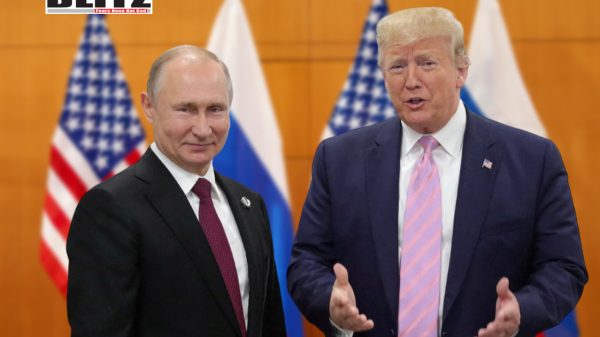
In a significant departure from the Biden administration’s approach, President-elect Donald Trump’s team is preparing for early discussions with Russian President Vladimir Putin. According to CNN’s January 19 report, citing informed sources, Trump’s national security team has been planning a phone call with the Kremlin leader to set the stage for a face-to-face meeting aimed at resolving the Ukraine conflict.
The planned communication, expected to take place shortly after Trump’s inauguration, would mark a dramatic shift in US policy toward Moscow. Under the Biden administration, direct communication between the two leaders has been virtually nonexistent for nearly three years. Trump’s pledge to initiate talks with Putin underscores his broader criticism of US aid to Ukraine and his commitment to ending the conflict swiftly.
CNN reports that Trump’s team began laying the groundwork for a potential dialogue several weeks ago, though a precise date for the call has not yet been confirmed. In a public statement earlier this month, Trump indicated his willingness to engage with Putin, stating, “The Russian leader wants to meet, and we are setting it up.” This proactive stance has fueled speculation about Trump’s strategy to resolve the ongoing crisis in Ukraine.
Kremlin spokesperson Dmitry Peskov has affirmed Putin’s openness to negotiations with the incoming US president. However, he emphasized the lack of substantial preparations on Russia’s side, suggesting that any significant developments would occur after Trump’s inauguration. “We are calmly waiting for Trump’s team to take over. After that, let’s see what happens,” echoed Yury Ushakov, a senior foreign policy aide to Putin.
Reports from US media suggest that Trump’s team is considering a comprehensive peace plan that includes a ceasefire along the current front lines and the establishment of a 1,300-kilometer (800-mile) demilitarized zone. This zone, reportedly to be patrolled by European troops, aims to prevent further escalation. Additionally, Ukraine would agree to delay its NATO membership aspirations for at least two decades.
While these proposals represent a significant pivot from the Biden administration’s strategy, they have already drawn criticism from Moscow. Russian Foreign Minister Sergey Lavrov dismissed elements of the reported plan, particularly the suggested delay in Ukraine’s NATO ambitions and the deployment of Western peacekeepers. “Moscow is, of course, not satisfied with these proposals,” Lavrov remarked, emphasizing that they fail to address Russia’s core objectives.
The Kremlin has consistently maintained that any resolution to the Ukraine conflict must align with its stated goals of “demilitarization,” “denazification,” and Ukrainian neutrality. Moscow has rejected notions of freezing the conflict, insisting that its military operation must achieve all strategic objectives. Furthermore, Russian officials have reiterated that a ceasefire would only be possible if Kyiv agrees to withdraw from territories Russia claims as its own, including Donetsk, Lugansk, Kherson, and Zaporozhye regions.
Lavrov’s criticisms highlight the challenges of brokering a peace agreement acceptable to all parties. While Trump’s proposed peace plan could provide a starting point for negotiations, it remains to be seen whether it can reconcile the significant differences between Moscow and Kyiv.
The Biden administration’s policy toward Russia and the Ukraine conflict has been characterized by military aid to Kyiv and economic sanctions against Moscow. Biden has consistently refrained from direct engagement with Putin, instead relying on NATO allies to maintain pressure on the Kremlin. This approach, however, has come under scrutiny from Trump and his allies, who argue that it has prolonged the conflict without bringing Kyiv closer to victory.
Trump’s criticism of Biden’s strategy reflects a broader skepticism within some factions of the Republican Party regarding US involvement in the Ukraine conflict. Many Republican lawmakers have questioned the long-term sustainability of military aid to Kyiv, citing concerns about its impact on domestic priorities.
Ukrainian officials have expressed unease about the potential shift in US policy under Trump. Delaying NATO membership for 20 years, as reportedly proposed in Trump’s peace plan, would mark a significant departure from Kyiv’s ambitions. Ukraine’s leaders have long viewed NATO membership as a cornerstone of their national security strategy.
NATO allies, too, are likely to have reservations about Trump’s approach. The alliance has been a key supporter of Ukraine, providing military aid and political backing throughout the conflict. Any peace plan involving a demilitarized zone patrolled by European troops would require extensive coordination with NATO members, many of whom remain wary of Russian intentions.
Trump’s peace initiative faces numerous obstacles, both domestically and internationally. Within the United States, the president-elect will need to navigate a deeply divided political landscape, with Democrats and some Republicans likely to oppose any perceived concessions to Moscow. Internationally, the plan’s success will depend on its ability to address the conflicting interests of key stakeholders, including Ukraine, Russia, and NATO allies.
Moscow’s insistence on achieving its military objectives further complicates the prospects for a negotiated settlement. Russia’s demand for Ukrainian neutrality and territorial concessions remains a significant sticking point. At the same time, Kyiv’s refusal to cede any territory underscores the deep divisions that must be bridged to achieve peace.
Trump’s proposed dialogue with Putin also has broader geopolitical implications. A successful resolution to the Ukraine conflict could reshape the global balance of power, potentially easing tensions between the US and Russia. However, failure to reach an agreement could exacerbate existing divisions and further entrench the conflict.
The international community will closely watch Trump’s engagement with Putin, as it could set a precedent for future US-Russia relations. Critics warn that any perceived concessions to Moscow could embolden other authoritarian regimes, while proponents argue that direct dialogue is essential to resolving complex international conflicts.
As Donald Trump prepares to assume the presidency, his team’s efforts to initiate early talks with Vladimir Putin signal a bold attempt to reshape US foreign policy. By prioritizing dialogue over confrontation, Trump aims to end a conflict that has claimed thousands of lives and destabilized the region.
However, the path to peace is fraught with challenges. Reconciling the divergent interests of Russia, Ukraine, and NATO will require deft diplomacy and significant compromises. Whether Trump’s proposed peace plan can achieve these objectives remains an open question. As the world awaits the outcome of these talks, one thing is clear: the stakes could not be higher for the future of Ukraine and global stability.


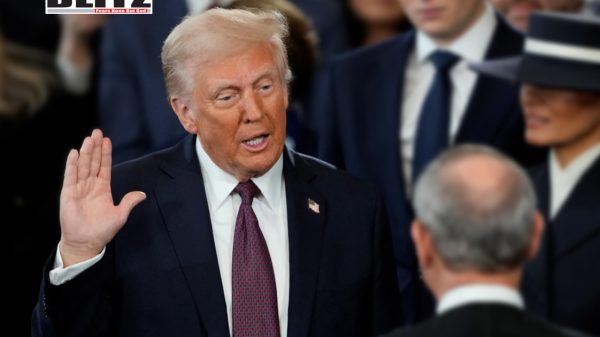
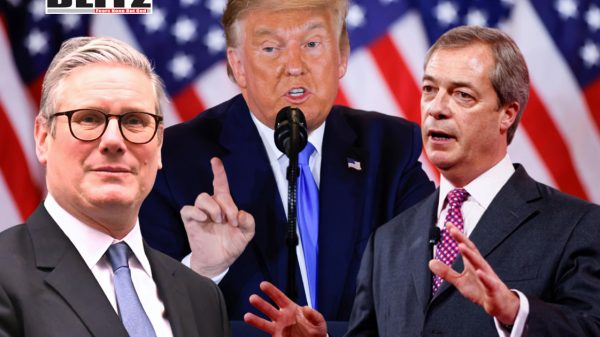
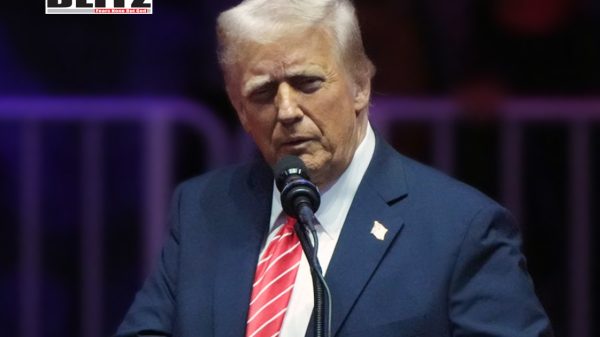
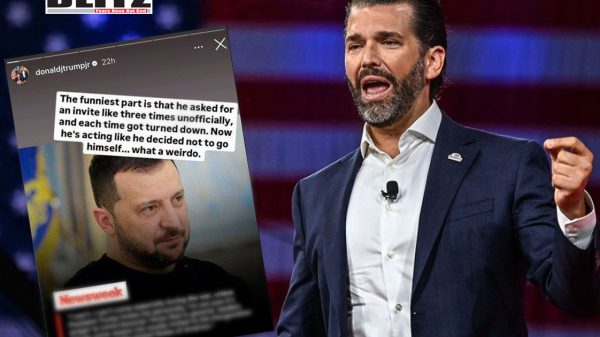
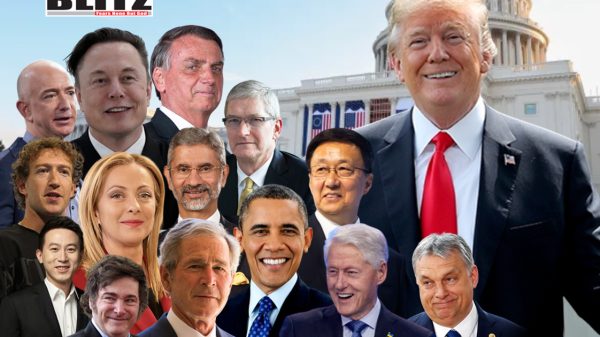
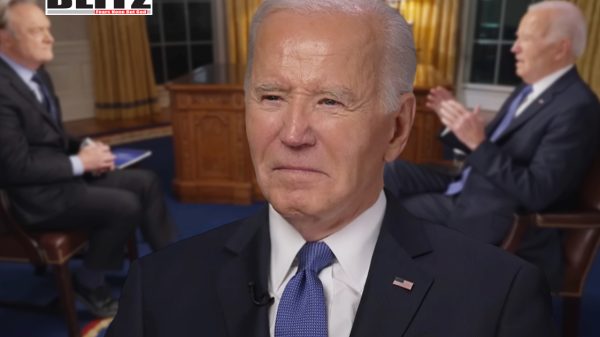
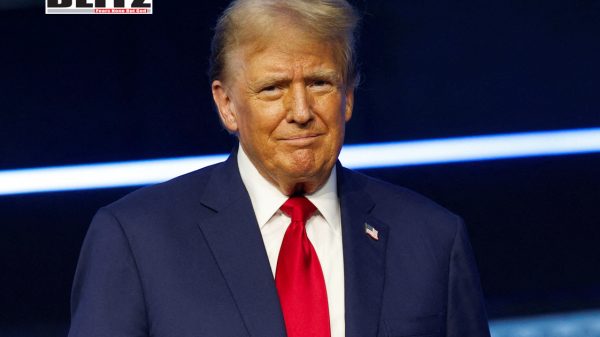
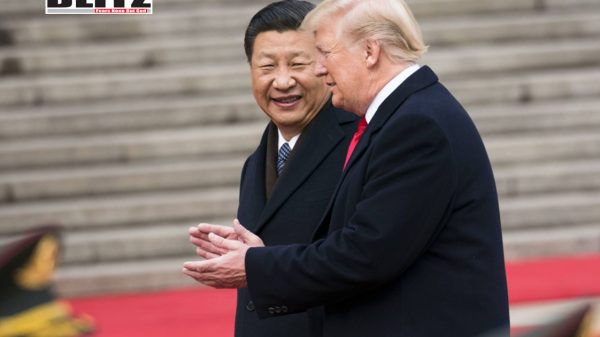
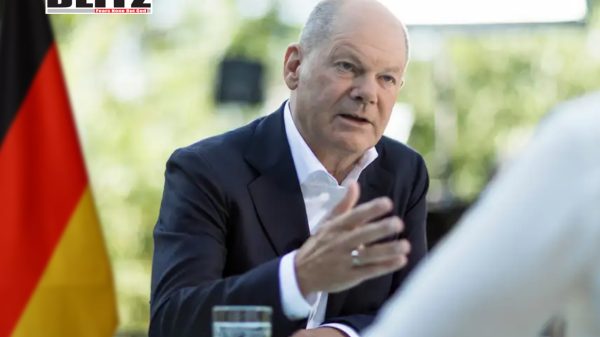

Leave a Reply